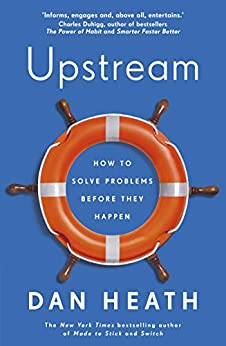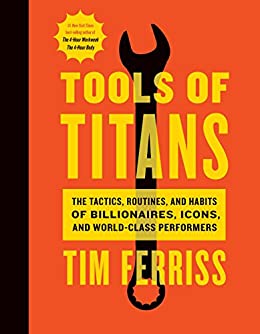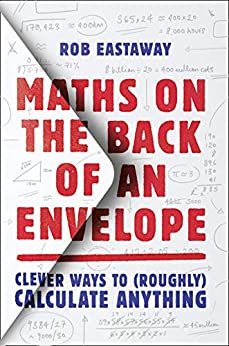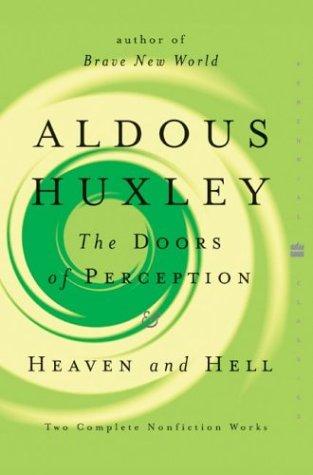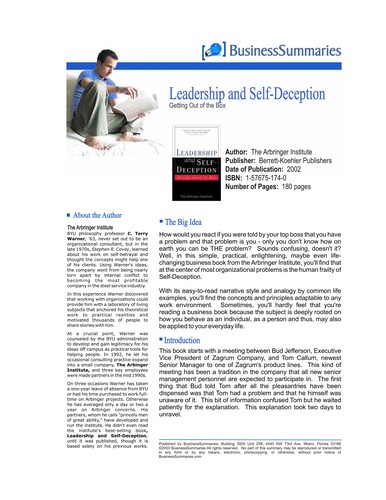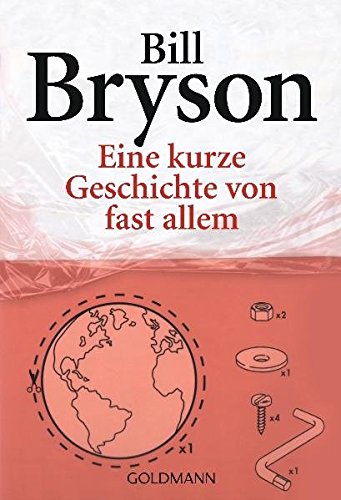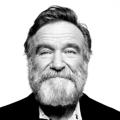Very good reading and insights so far.
User Profile
reading mostly non-fictional books to learn new stuff. But occasionally I'm reading Sci-Fi and History.
This link opens in a pop-up window
Falko's books
User Activity
RSS feed Back
Falko wants to read All Systems Red by Martha Wells

All Systems Red by Martha Wells
All Systems Red is a 2017 science fiction novella by American author Martha Wells. The first in a series called …
Falko commented on The dawn of everything : a new history of humanity by David Graeber
If there is a riddle here it’s this: why, after millennia of constructing and disassembling forms of hierarchy, did Homo sapiens – supposedly the wisest of apes – allow permanent and intractable systems of inequality to take root? Was this really a consequence of adopting agriculture? Of settling down in permanent villages and, later, towns?
— The dawn of everything : a new history of humanity by David Graeber, David Wengrow, David Graeber, and 1 other (Page 118 - 119)
Falko replied to Ulf Hundeiker's status
@ulf_der_freak@bookwyrm.social ich hab's auch irgendwann beiseite gelegt. Muss ich mal in einer ruhigen Minute nochmal anfangen.
Falko wants to read The power of myth by Joseph Campbell
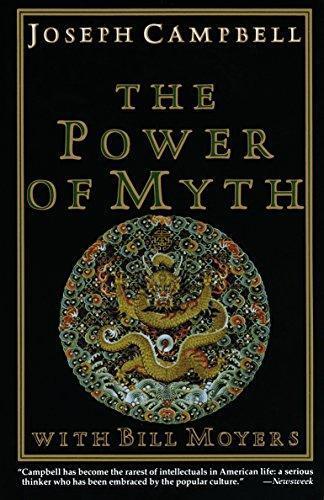
The power of myth by Joseph Campbell
The Power of Myth launched an extraordinary resurgence of interest in Joseph Campbell and his work. A preeminent scholar, writer, …
Suddenly, a few of the more powerful European kingdoms found themselves in control of vast stretches of the globe, and European intellectuals found themselves exposed, not only to the civilizations of China and India but to a whole plethora of previously unimagined social, scientific and political ideas. The ultimate result of this flood of new ideas came to be known as the ‘Enlightenment’.
— The dawn of everything : a new history of humanity by David Graeber, David Wengrow, David Graeber, and 1 other (Page 29 - 692)
Falko stopped reading Thinking, fast and slow by Daniel Kahneman
There is the security of knowing one has a statistically smaller chance of getting shot with an arrow. And then there’s the security of knowing that there are people in the world who will care deeply if one is.
— The dawn of everything : a new history of humanity by David Graeber, David Wengrow, David Graeber, and 1 other (Page 20 - 692)
Falko started reading The dawn of everything : a new history of humanity by David Graeber
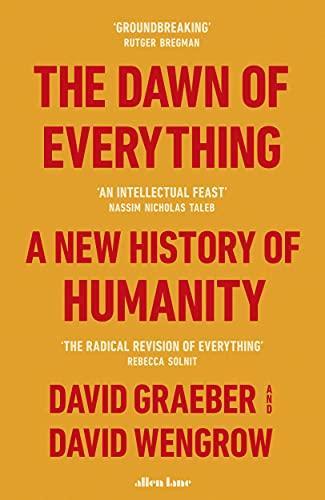
The dawn of everything : a new history of humanity by David Graeber, David Wengrow, David Graeber, and 1 other
A breathtakingly ambitious retelling of the earliest human societies offers a new understanding of world history
For generations, our remote …
Falko quoted Thinking, fast and slow by Daniel Kahneman
Subjects’ unwillingness to deduce the particular from the general was matched only by their willingness to infer the general from the particular.
— Thinking, fast and slow by Daniel Kahneman (Page 174)
Falko replied to Mark Crocker's status
@mcrocker@indieweb.social @LindaNagata@mastodon.online I think importing from the search results should be fine. Dunno if there is so much of a difference between the paperback and the ebook content wise.
Falko quoted Thinking, fast and slow by Daniel Kahneman
The principle of independent judgments (and decorrelated errors) has immediate applications for the conduct of meetings, an activity in which executives in organizations spend a great deal of their working days. A simple rule can help: before an issue is discussed, all members of the committee should be asked to write a very brief summary of their position. This procedure makes good use of the value of the diversity of knowledge and opinion in the group. The standard practice of open discussion gives too much weight to the opinions of those who speak early and assertively, causing others to line up behind them.
— Thinking, fast and slow by Daniel Kahneman (Page 85)
Falko quoted Thinking, fast and slow by Daniel Kahneman
The general theme of these findings is that the idea of money primes individualism: a reluctance to be involved with others, to depend on others, or to accept demands from others. The psychologist who has done this remarkable research, Kathleen Vohs, has been laudably restrained in discussing the implications of her findings, leaving the task to her readers. Her experiments are profound—her findings suggest that living in a culture that surrounds us with reminders of money may shape our behavior and our attitudes in ways that we do not know about and of which we may not be proud.
— Thinking, fast and slow by Daniel Kahneman (Page 55)
Falko started reading Thinking, fast and slow by Daniel Kahneman
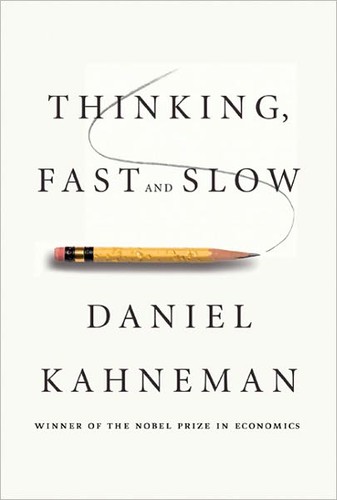
Thinking, fast and slow by Daniel Kahneman
Kahneman introduces two modes of thought - system 1, fast and intuitive, and system 2, slow and reasoned - and …
